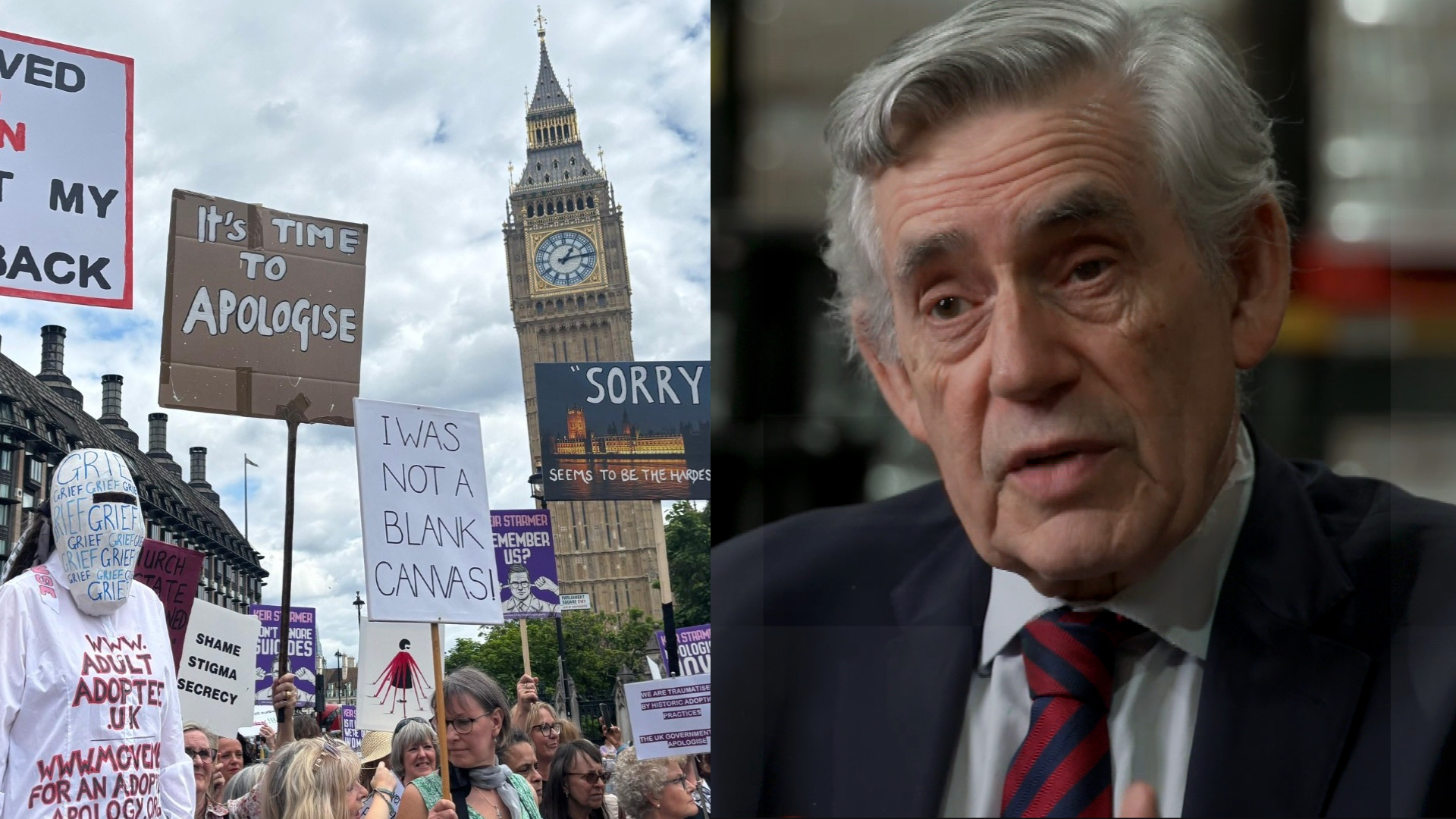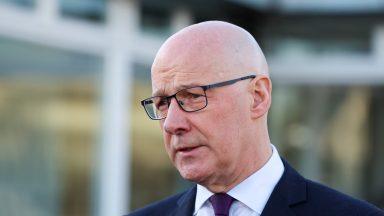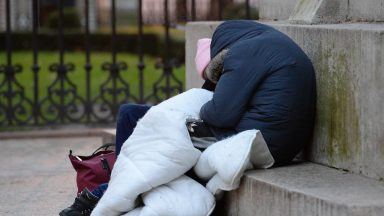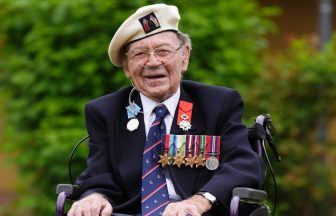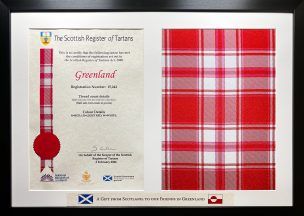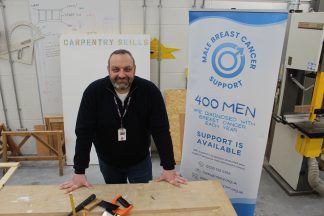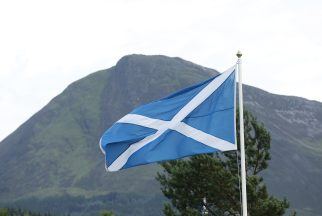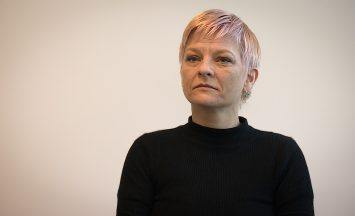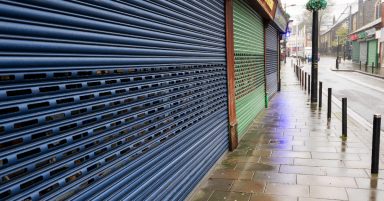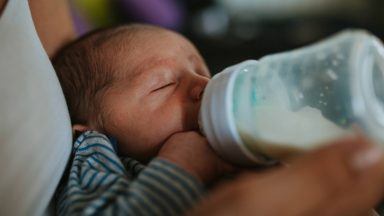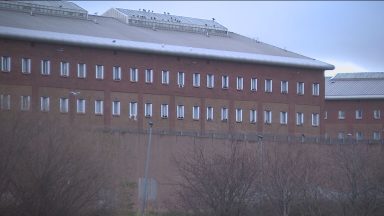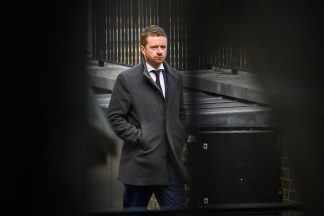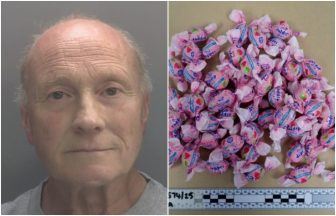Gordon Brown is calling for a formal government apology for the state’s role in Britain’s historic forced adoption scandal, in an exclusive interview with ITV News Social Affairs Correspondent Sarah Corker
Words by Social Affairs Correspondent Sarah Corker and Senior Producer Lottie Kilraine
Former prime minister Gordon Brown has called on the government to issue a formal apology for the state’s role in the “terrible tragedy” of historic forced adoptions, in an exclusive interview with ITV News.
In a significant intervention, the former Labour PM said he has personally been in touch with the Department for Education (DfE) and is calling for an official apology in the House of Commons when MP’s return from their Summer break, to acknowledge “the damage that was done”.
Between 1949 and 1976, an estimated 250,000 pregnant women and girls were sent away to “prison-like” homes run by the church and state and had their babies put up for adoption. Other infants died due to mistreatment or poor care.
“This is something that should never have happened, it was forced adoption,” Brown told ITV News Social Affairs Correspondent Sarah Corker.
“It was unfair to everybody in the end, and the fact that we can now do something, not to rectify the problem, but to apologise for what happened, I think is really important.
“It’s important for people who are distressed … I think that now the government has been in power and has had the chance to look at this, I think the Autumn will be the time to make the apology.”
Gordon Brown, who’s time in office led to similar high-profile apologies, tells Social Affairs Correspondent Sarah Corker that the government should apologise for historic forced adoptions
Survivors of the scandal have described the “horror” of life inside these institutions, which were often shrouded in secrecy.
They allege mothers were made to scrub floors whilst heavily pregnant, denied pain relief during childbirth and had their babies taken away and forcibly adopted, simply because they were unmarried – the ultimate societal taboo in post-war Britain.
In 2021, an inquiry by the Joint Committee of Human Rights concluded that the State bore ultimate responsibility for the suffering inflicted on vulnerable women and their children, calling on the government to issue an official apology.
Four years on, survivors are still waiting.
Other countries where forced adoption took place, including Canada, Australia, Republic of Ireland, Scotland and Wales, have already issued a formal government apology, and in some cases set up redress schemes.
Last month, survivors and campaigners gathered outside parliament urging action. But so far, their calls have gone unanswered.
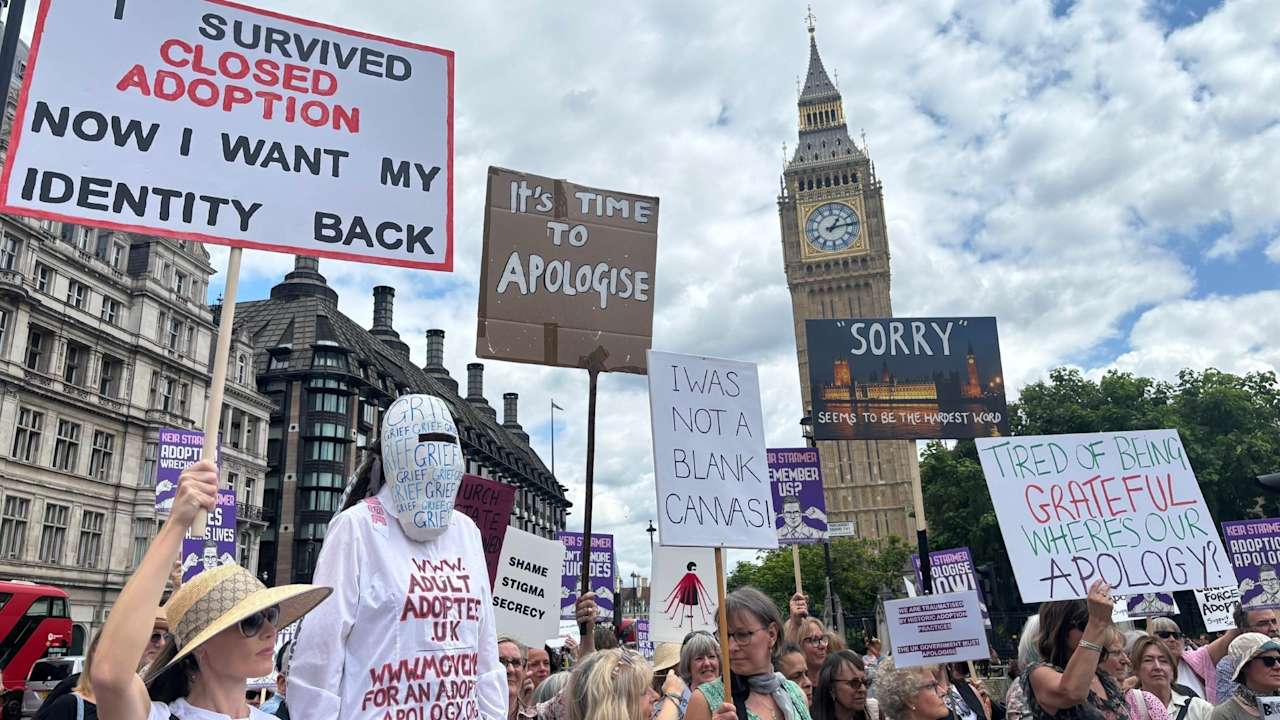
“I think it’s really important that we admit something went wrong,” Brown said.
“It’s time to make the apology for the forced adoption of children, who are now adults, who have been waiting for the assurance that the government understands what happened to them … and is prepared to apologise on behalf of the country.
“While it wasn’t this government’s fault, I think they are owed an apology.”
In 2010, Brown, who was then-prime minister, issued an official apology for the child migrant scandal which saw more than 130,000 children sent from the UK to former colonies, mainly Australia and Canada, during the 1920s – 1970s under the ‘child migrant programme’. He also announced a £6 million fund to reunite separated families.
In 2018 the government, under Conservative Prime Minister Theresa May, announced a £20,000 compensation scheme in its response to an inquiry into the scandal.
Brown wants Prime Minister Keir Starmer’s government to issue a similar apology for the victims of Britain’s forced adoption scandal.
“I’m proud that (my) government did make that apology,” he said. “I found it reassured the child migrants, who themselves were adults, many of them were pensioners by the time we gave that apology, and we tried to help them reunite with their families. “
‘I’ve been in touch with the Department for Education myself, and the department knows that they’ve got to act soon’, Gordon Brown tells Social Affairs Correspondent Sarah Corker
Diana Defries, who runs the group Movement for an Adoption Apology (MAA), has been campaigning for a government apology for years.
The group is also demanding better access to historic adoption records, help with searching and reunions for families affected by the scandal, and comprehensive support services for those living with trauma from what they went through.
Ms Defries, who was sent to a mother and baby home as a teenager in Southampton in 1974, welcomed Brown’s suggestion of a formal apology as soon as Autumn, adding that there is an urgency due to the age of the victims and survivors.
“MAA has been campaigning for many years on these issues yet, to date, no government has taken meaningful action to acknowledge the injustices suffered by so many,” Ms Defries told ITV News.
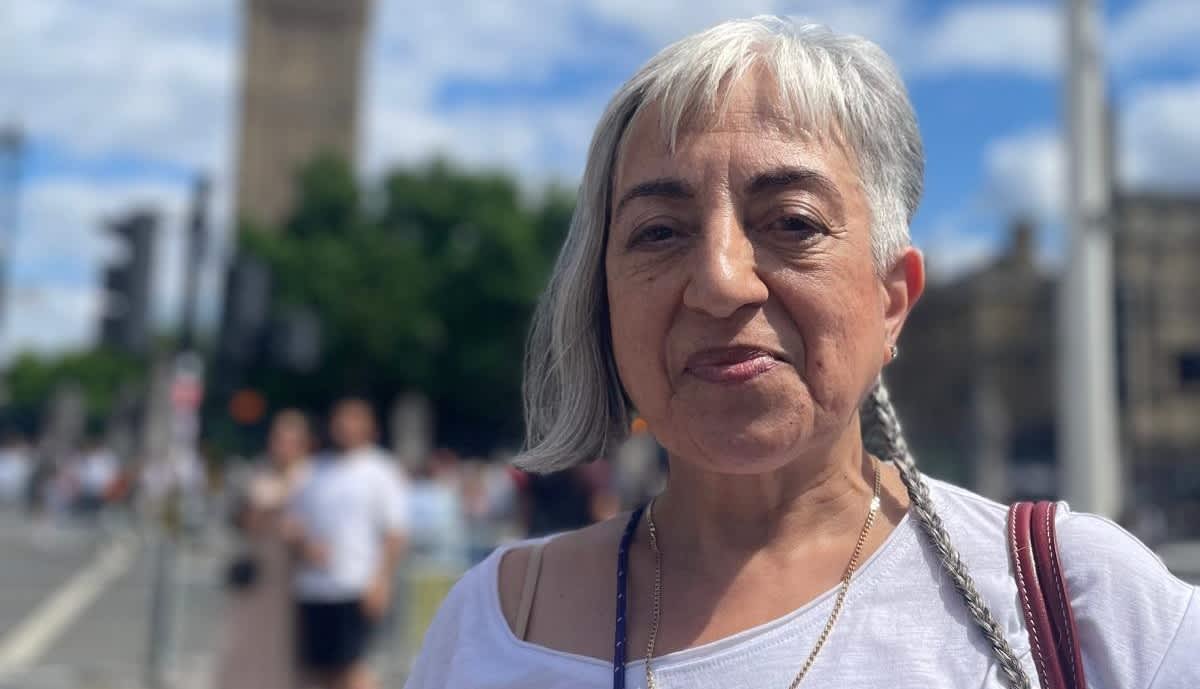
“This government could make a real difference to hundreds of thousands of lives. We look forward to an immediate and positive response and the opportunity to meet with ministers to discuss what is needed.”
ITV News’ year-long investigation into Britain’s silent scandal has already revealed hundreds of unmarked graves of babies born in state and church-run homes across England, with allegations that sick or premature children were left to die as they weren’t deemed “desirable” for adoption.
To this day, families are still searching for their lost children connected to these post-war institutions.
Now, ITV News has found evidence of nearly 70 more unmarked graves of babies who died at Hopedene Maternity Home, a Salvation Army institution in Newcastle, discovered through freedom of information requests.
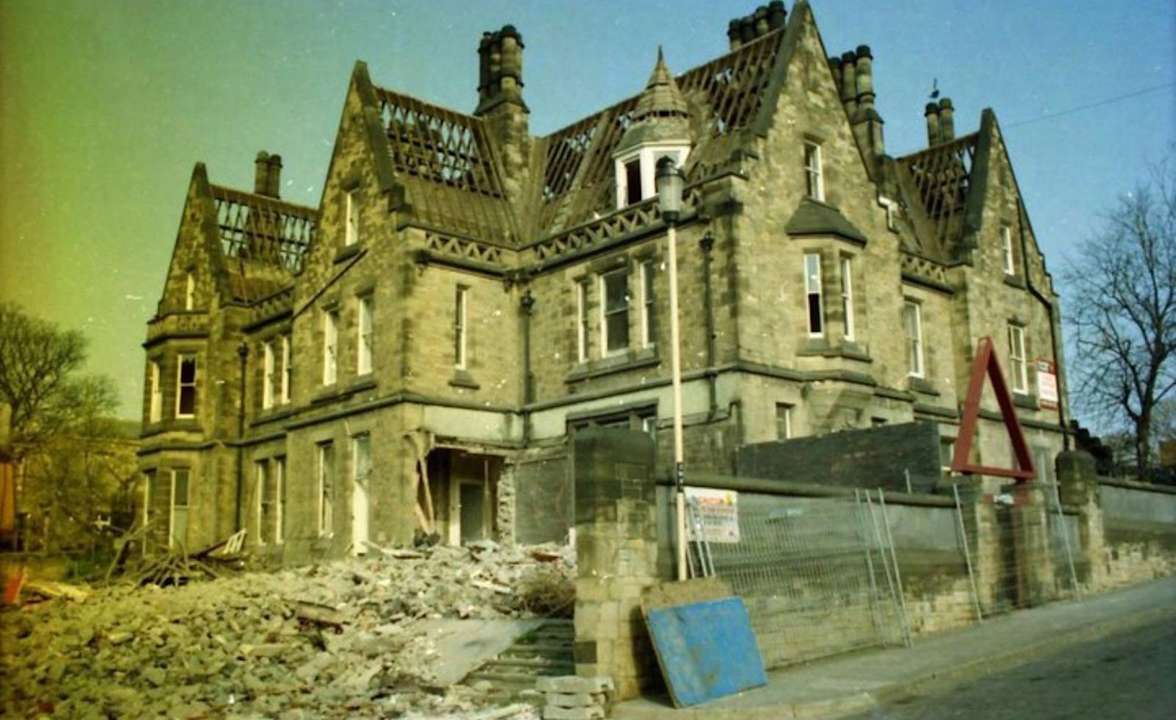
ITV News has shown our evidence of mistreatment in Hopedene, described by one mother as a “like a prison”, to experts and academics who have suggested the infant mortality rates were high for a home of this size and say it raises serious questions about the standard of medical care.
Dr Michael Lambert, from Lancaster University, has spent a decade examining these institutions and warned the findings could be the “tip of a much larger iceberg of human tragedy within the forced adoption scandal”.
“The stories presented about the treatment of young, vulnerable, unmarried women at Hopedene are appalling even by the admittedly low standards of the day,” Dr Lambert added.
Tell us your story
If you or anyone you know has been affected by this issue or has a story to share
In response to ITV News’ findings, Brown has said if information was not being made available to families trying to find out what happened to their children, there should be an inquiry into the circumstances around their deaths.
“This is a terrible scandal, a terrible tragedy, and something that we really need more information about what happened to the children, why the information is not available to people who are worried about what, in the end, happened to a child of theirs,” he said.
“I think we need to have more information that’s going to be made available than if inquiries are necessary and this should be done, so that in the end we can reassure people that society understands the damage that was done, the hurt that it’s caused, and the time it’s taken to rectify this.”
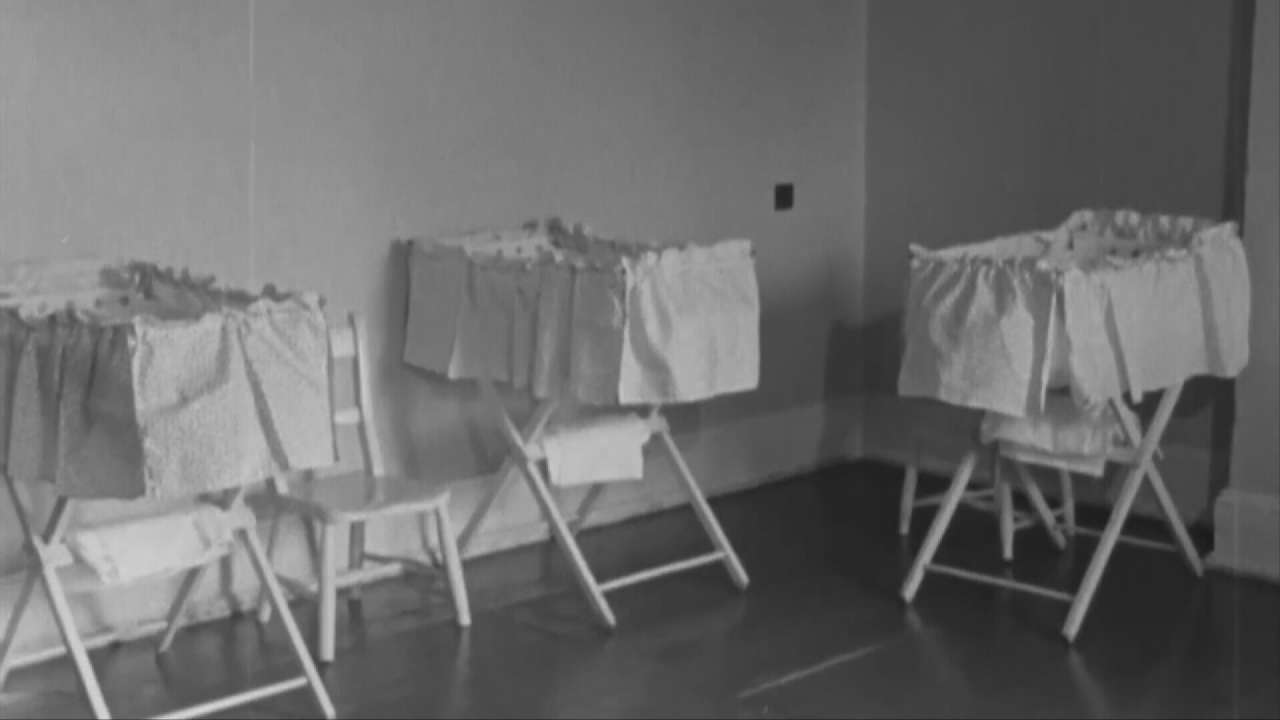
A spokesperson for the government told ITV News: “This abhorrent practice should never have taken place, and our deepest sympathies are with all those affected. We take this issue extremely seriously and continue to engage with those impacted to provide support.”
A Salvation Army Spokesperson said: “We are deeply saddened to hear of the traumatic experiences that some people endured in the care of The Salvation Army decades ago.
“We acknowledge that there are some who did not always receive the support they needed and deserved, for which we are deeply sorry. We are grateful to those who have shared their painful stories with ITV; these are important stories that should be heard.
“It would have been terrifying to have to choose between entering a mother and baby home or face destitution but in Salvation Army homes, the focus was on keeping the mother and baby together.
“Not knowing where your baby is buried is incredibly traumatic and if there are former Hopedene mothers who have experienced this, please get in touch.
“We cannot promise that our archives will be able to answer your questions but we will share what we can.”
If you have been affected by the issues in this report, please visit the links for help and support:
- Movement for Adoption Apology – provides information on forced and coerced adoption in the UK and around the globe
- PAC UK – Specialist therapy, advice, support, counselling and training for all affected by adoption and permanency
- The Diocese of Winchester has issued an appeal for information, find out more on their website here
- Safe Spaces – an independent service offering confidential support to survivors of Church-related abuse on 0300 303 1056 or on their website
- Samaritans is an organisation offering confidential support for people experiencing feelings of distress or despair. Phone 116 123 (a free 24-hour helpline)
Tell us your story
If you or anyone you know has been affected by this issue or has a story to share
Follow STV News on WhatsApp
Scan the QR code on your mobile device for all the latest news from around the country


